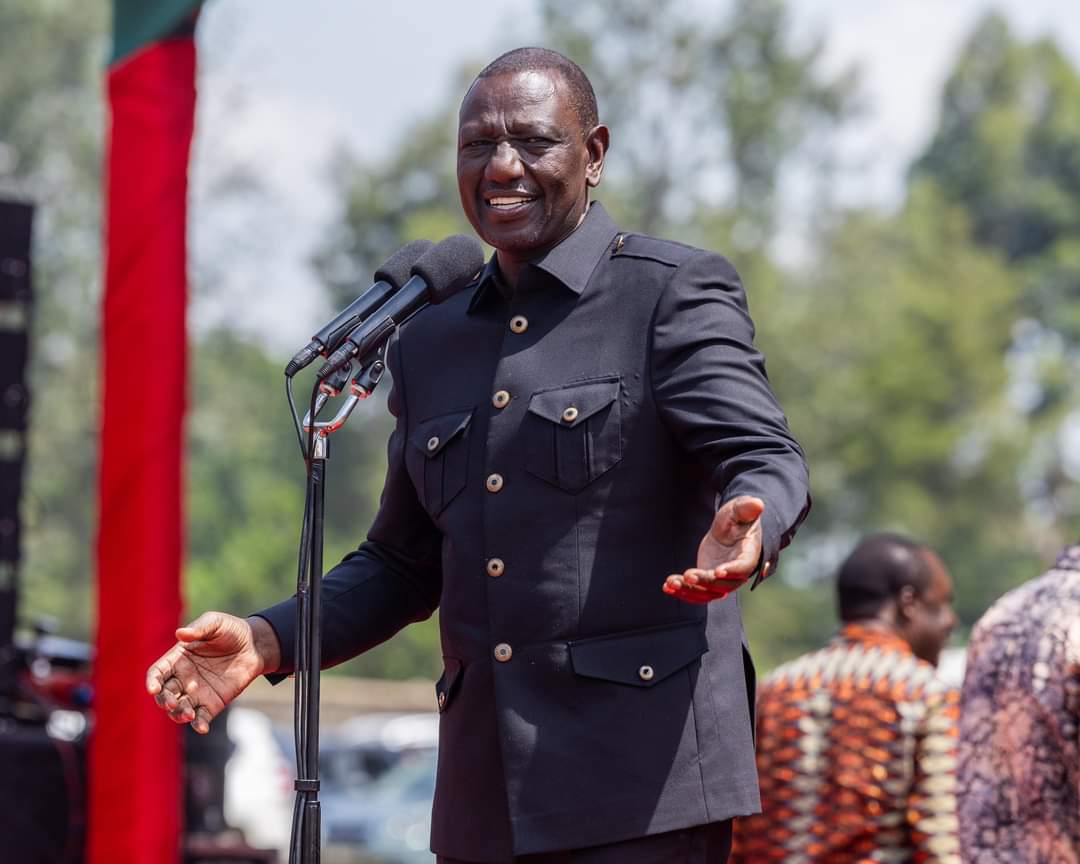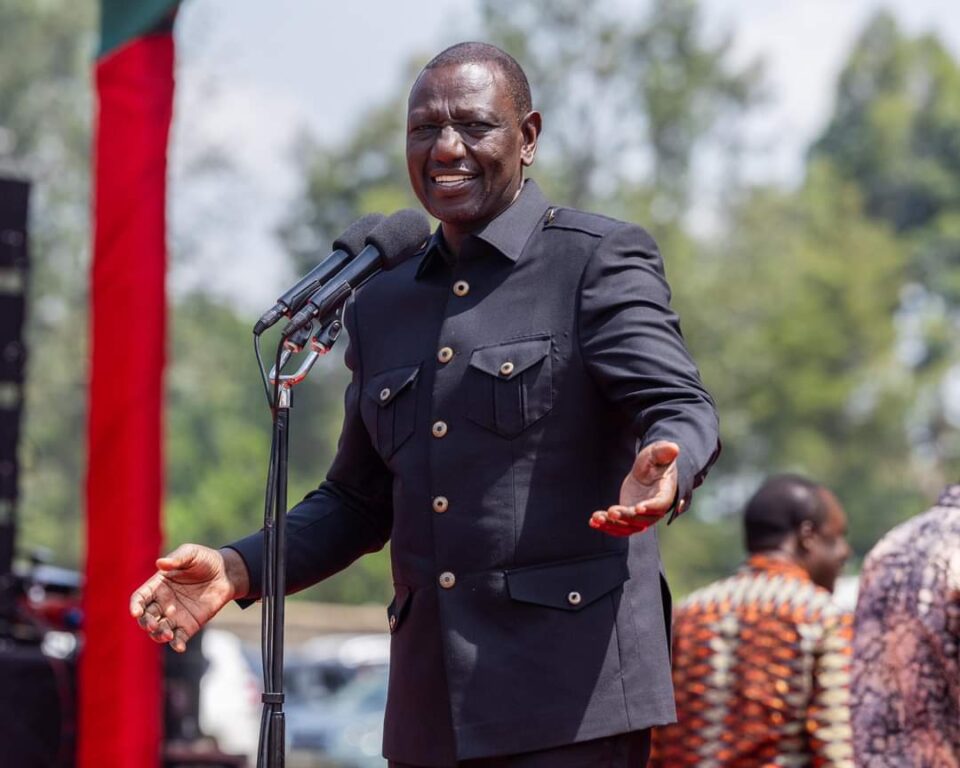In the fiscal year 2023/2024, the Kenyan government, under President William Ruto’s administration, implemented several measures through the Finance Act 2023 aimed at bolstering tax revenue. These measures have proven to be effective as evidenced by the Controller of Budget (CoB) quarterly budget review report, which indicates that the government collected over KSh 1.5 trillion in taxes within the first nine months up to March 2024.
This figure represents a significant 57% of the total revenue collected, which amounts to KSh 2.7 trillion during the same period.The Finance Act 2023 introduced various tax reforms designed to expand the tax base, improve compliance, and increase efficiency in tax collection. One of the notable changes was the increase in Value Added Tax (VAT) from 16% to 18%.
This adjustment aimed to boost revenue from consumption taxes, which form a substantial part of the country’s tax income. By increasing VAT, the government targeted higher returns from both goods and services consumed within the country, leveraging Kenya’s growing consumer market.
Additionally, the Finance Act implemented stricter enforcement measures and penalties for tax evasion. Enhanced surveillance and auditing processes were put in place to ensure that businesses and individuals comply with tax regulations. This not only helped in reducing tax evasion but also encouraged voluntary compliance.
The Kenya Revenue Authority (KRA) was empowered with more resources and technology to track and capture tax obligations more efficiently. Digital tax systems and e-filing platforms were also upgraded to streamline the tax payment process, making it easier for taxpayers to comply.Another significant measure was the introduction of new excise duties on a range of products, including beverages, tobacco, and luxury items.
These excise taxes are aimed at both generating revenue and discouraging the consumption of potentially harmful products. The government also revised tax rates on imports to protect local industries while ensuring that import duties contributed significantly to the national revenue.Corporate tax reforms were also part of the Finance Act 2023.
The government introduced measures to close loopholes that allowed for tax avoidance by multinational corporations.
Transfer pricing rules were tightened to ensure that profits earned in Kenya were appropriately taxed. This move was critical in ensuring that large corporations contributed their fair share to the national revenue.The collection of KSh 1.5 trillion in tax revenue by March 2024 demonstrates the effectiveness of these measures.

The figure, representing 57% of the total KSh 2.7 trillion revenue, underscores the significant role of tax income in Kenya’s fiscal framework. This achievement can be attributed to the comprehensive and multifaceted approach taken by the government to reform the tax system. By widening the tax base, enhancing compliance, and leveraging technology, the government was able to increase tax revenue substantially.
Moreover, the increased revenue collection has had positive implications for the government’s ability to fund public services and infrastructure projects. The additional funds have enabled investments in critical sectors such as healthcare, education, and transportation, which are essential for the country’s development. By boosting public investment, the government aims to stimulate economic growth and improve the quality of life for its citizens.
Despite these achievements, challenges remain. The increased tax rates and new excise duties have been met with resistance from various quarters, including businesses and consumers who argue that the higher costs could lead to reduced consumption and investment. There is also the risk that increased taxation could drive some economic activities underground, leading to tax evasion.
To sustain the gains made, the government needs to balance its tax policies with measures that promote economic growth and ensure that the tax burden does not stifle entrepreneurial activity or consumer spending. Continuous engagement with stakeholders, transparent communication of the benefits of tax compliance, and ongoing reforms to improve tax administration will be crucial in maintaining and enhancing revenue collection.
The tax measures introduced in the Finance Act 2023 under President William Ruto’s administration have significantly bolstered Kenya’s tax revenue. The collection of over KSh 1.5 trillion by March 2024 highlights the effectiveness of these reforms. However, sustaining this momentum will require careful balancing of tax policies with economic growth strategies and ongoing efforts to improve compliance and efficiency in the tax system.

